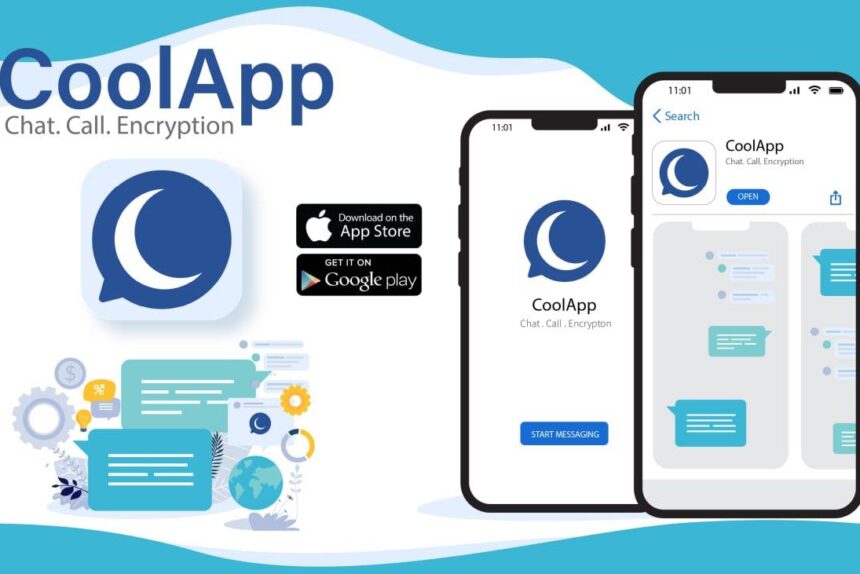CoolApp: Cambodia's Own Version of WhatsApp Raises Surveillance Concerns

28.06.2024
The Cambodian leader Hun Sen is endorsing a new locally developed messaging app, which critics argue is a tool for government surveillance and control over political dialogue.
CoolApp, introduced to compete with WhatsApp and Telegram, aims to prevent foreign interference in national information, according to the former prime minister. He emphasized the app’s importance for national security in a recent post, highlighting its role within Cambodia’s security domain. He compared it to other nations’ communication tools like China’s WeChat, Vietnam’s Zalo, South Korea’s Kakao Talk, and Russia’s Telegram, presenting it as Cambodia’s own product.
Hun Sen, one of the world’s longest-serving leaders, has ruled Cambodia for over thirty years. Though succeeded by his son Hun Manet as prime minister, Hun Sen remains a pivotal figure in the ruling party.
The country has been plagued by a significant online scam issue in Southeast Asia, primarily operated by Chinese gangs, raising concerns from international bodies.
CoolApp’s founder and CEO Lim Cheavutha stated that the app has been downloaded 150,000 times and assures that it does not monitor, collect, or store user data. It employs end-to-end encryption to secure data and calls.
He projected the app could eventually reach up to 1 million downloads, although no specific timeline was given. In contrast, WhatsApp is widely used in Cambodia.
Rights groups have noted a significant decline in internet freedom in Cambodia under Hun Sen’s leadership, with increasing censorship, media blackouts, and online harassment.
Hun Sen, an active social media user, has considered banning Facebook due to online abuse from political opponents. In 2023, a recommendation was made for a six-month suspension of his Facebook and Instagram accounts due to language that could incite violence.
Opposition leader Mu Sochua, in exile, warned against the promotion of CoolApp, describing it as a tool for government surveillance and control over public discourse, influenced by China’s surveillance practices. She mentioned that civil servants have been ordered to download the app, implying a lack of choice in the matter.